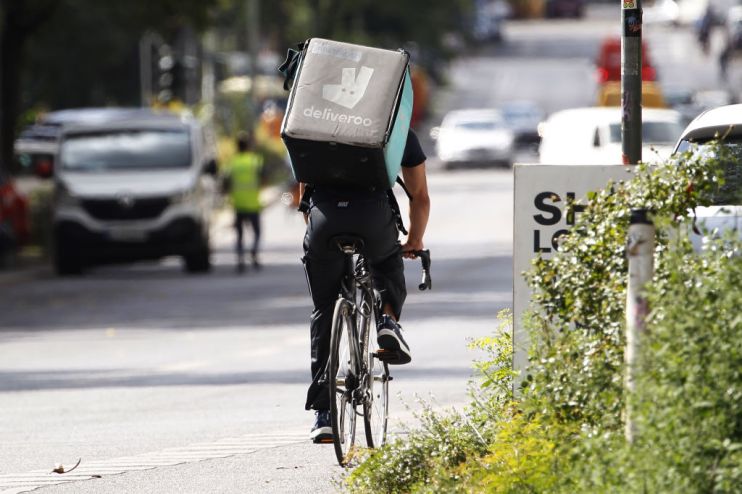Coronavirus: British tech firms welcome government’s £1.25bn startup package

The UK tech sector has hailed a “bold intervention” after the government unveiled a £1.25bn coronavirus support package for startups and research and development firms.
The Treasury today announced a new £500m loan scheme for high-growth startups and £750m of grants for small and medium sized businesses focused on research and development.
The support package, which is designed to “protect firms driving innovation in UK”, comes after industry bosses warned the UK’s thriving tech sector could be left behind due to gaps in the government’s initial measures.
How does it work?
The £500m startup package, dubbed the Future Fund, will provide government loans to UK-based companies ranging from £125,000 to £5m.
To be eligible for the convertible loans, firms must have raised at least £250,000 in the last five years.
In addition, the government loan must be at least matched by private investors, and will automatically convert into an equity stake in the majority of cases.
The research and development (R&D) funding will be available through Innovate UK’s grants and loans scheme.
Innovate UK will accelerate up to £200m of grant and loan payments for its 2,500 existing customers on an opt-in basis. An extra £550m will also be made available to increase support for existing customers and £175,000 of support will be offered to around 1,200 firms not currently in receipt of Innovate UK funding.
Culture secretary Oliver Dowden said: “We are the tech and creative capital of Europe, and it’s crucial to maintain our place. This funding will protect high growth businesses and enable the unicorns of tomorrow to thrive so that tech is in pole position to drive our post-Covid recovery.”
How did the UK tech sector respond?
Tech UK chief executive Julian David said: “The businesses that will be supported by these schemes represent the innovative companies of tomorrow.
“Tech UK will continue to work with the government to clarify how the schemes will work in practice to ensure the broadest range of companies can benefit from this lifeline.”
Gerard Grech, chief executive of industry body Tech Nation, described the move as a “bold intervention”, adding that tech startups were crucial to the UK’s future growth and innovation.
“Although the full implementation details are to still be released, it is likely to give the sector a welcome boost in these unprecedented times.”
Grech said the government must now focus on how to distribute the money effectively across the country and according to differing models of investment.
Innovate Finance chief executive Charlotte Crosswell said the funding would be key in aiding the UK’s recovery efforts after the coronavirus crisis has subsided.
“These new measures will help fintech businesses to raise the funds needed to survive the crisis,” she said.
“It will support a sector full of early stage companies, which are more prone to struggle in these volatile times.”
Will Shu, chief executive and founder of Deliveroo, said: “It’s great news that the chancellor is supporting British start-ups that are innovating and will be so vital to the UK economy in the months and years ahead with such a practical and thoughtful scheme.”
Ritam Gandhi, founder and director of software firm Studio Graphene, welcomed the proposals, saying they offered UK companies “financial breathing room”.
“The nation’s early stage businesses have been in limbo for too long, with many deliberately loss-making startups falling between the cracks of state-backed loan schemes,” he said.
“New measures like the Future Fund unveiled today could reverse this sentiment and settle some nerves. However, I would urge the government to do more still. It must demonstrate that it is willing to do whatever it takes to protect innovative UK businesses and sustain them through what is probably the biggest challenge they have ever faced.”
Earl Yardley, director of Industrial Visions Systems, said the research and development support was the “urgent action our industry required to stabilise and potentially intensify investment in automation and high technology manufacturing”.
“Before this crisis arrived, UK factories were making products that are more competitive now than at any time in the modern era,” he said.
“This R&D investment support ensures we are heading in the right path when it comes to supporting Britain’s position as a world leader in areas such as artificial intelligence, industrial automation and robotics.”